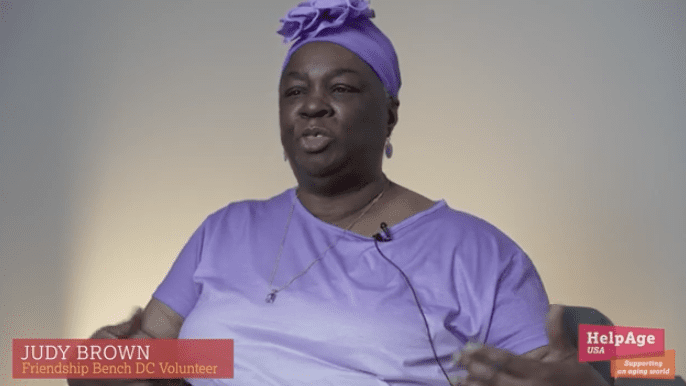A Global-Local Partnership
Friendship Bench DC, a program by HelpAge USA, is an official adaption of the Friendship Bench model started by psychiatrist Dr. Dixon Chibanda in Zimbabwe. This evidence-based program trains older people to provide basic talk therapy to people of all ages on physical benches situated in safe spaces within communities, effectively addressing anxiety and depression.
At HelpAge USA, we saw a match between our values and the values that Friendship Bench represents. The Friendship Bench approach puts power in the hands of the community—and in this case, hands that are wise, experienced, and ready to help.
HelpAge USA is part of a global network of organizations across 99 countries working with older people in primarily low- to middle-income countries, and encouraging the sharing of learning and ideas across borders is a central piece of our work.
Friendship Bench DC in Action
Launched in early 2024, Friendship Bench DC is available at 14 locations, including schools, senior wellness centers, recreation centers, library branches, a church, and social services organizations.
Community members can contact HelpAge USA to schedule a time to meet one-on-one with a trained Friendship Bench DC Grandparent on a bench at one of these locations. Sessions are free, confidential, and available Monday through Friday by appointment.
Working alongside the Friendship Bench team in Zimbabwe, our group of older men and women, known as “Grandparents,” have been trained and certified to provide problem-solving support and empathetic listening to Friendship Bench DC visitors of all ages.
To date, there have been more than 500 Friendship Bench DC sessions.
According to an independent evaluation, people who visited Friendship Bench DC reported improved mental health, stronger social connections, and greater comfort seeking emotional support. After meeting with a trained Friendship Bench DC Grandparent, visitors’ depression scores dropped significantly, social connections were strengthened, and 90% said they now had someone to talk to about mental health—up from just 40% previously.
Host Partners and Locations
Friendship Bench DC is available at sites around Washington, DC, called host partners, which include social services organizations, schools, recreation centers, and houses of worship that offer the program for free to the people they serve.
Below is a list of our current host partner sites and locations, and we’re excited to expand to more!
- Arthur Capper Recreation Center – Ward 8
- Bernice Fonteneau Senior Wellness Center – Ward 1
- Bread for the City – Ward 8
- Congress Heights Senior Wellness Center – Ward 8
- Joseph’s House – Ward 1
- Joy Evans Therapeutic Recreation Center – Ward 7
- Kingsman Academy Public Charter School – Ward 6
- The SEED School of Washington, DC – Ward 7
- So Other Might Eat (SOME)’s Senior Center, Kuehner Place – Ward 8
- The Temple of Praise – Ward 8
- Washington Seniors Wellness Center – Ward 7
- Washington View Apartments – Ward 8
- 3 DC Public Libraries (MLK Jr., Petworth, and Anacostia) – Wards 2, 4, and 8
Are you having a tough time and would like someone to help you through it?
Everybody has a story. We're here to listen.
Friendship Bench DC offers a confidential, safe, and judgment-free place to talk through whatever you may be facing with someone you can trust.
The Grandparents who serve on Friendship Bench DC have been specifically trained to actively listen with empathy and offer problem-solving support. They know life can be tough and are here to help you feel less alone.
All Friendship Bench DC sessions are free of charge and by appointment only. Sessions typically last for 45-60 minutes.
For more information, email us at friendshipbenchdc@gmail.com or call 202-709-8442
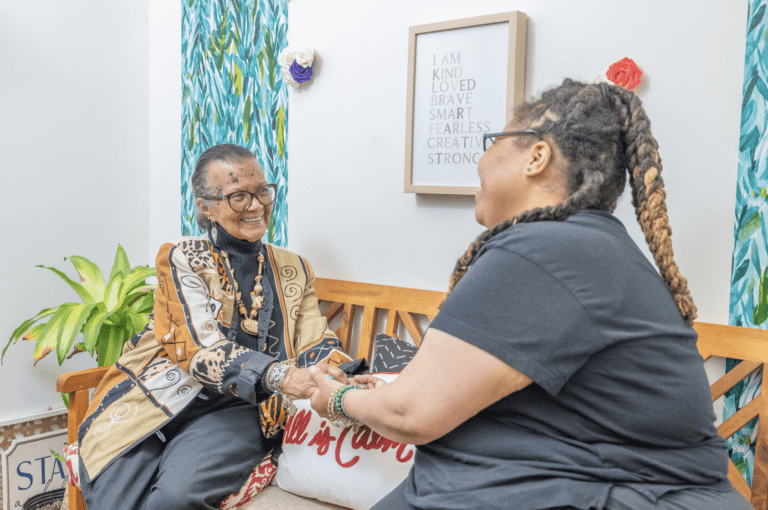
About Problem-Solving Therapy
Through connection and empathy, our Friendship Bench DC Grandparents will guide you through a series of steps known as “problem-solving therapy.” These steps are designed to help you identify, define, and create achievable solutions to your problems, as well as help you feel more confident as a decision-maker who is equipped to handle future issues as they arise.
Problem-solving therapy (sometimes referred to as “structured problem-solving”) is an evidence-based cognitive-behavioral intervention used to help people cope with stressful life experiences, increase resilience, and improve people’s functioning in various areas of their lives, be it personal, professional, or social.

Meet the Grandparents
Our Grandparents have been trained to listen and provide a non-judgmental space for people to talk through any issues they may be facing. Meet a few of our Friendship Bench DC Grandparents and experts to learn more about the program and why they got involved.
Meet the Friendship Bench DC Grandparents and Experts
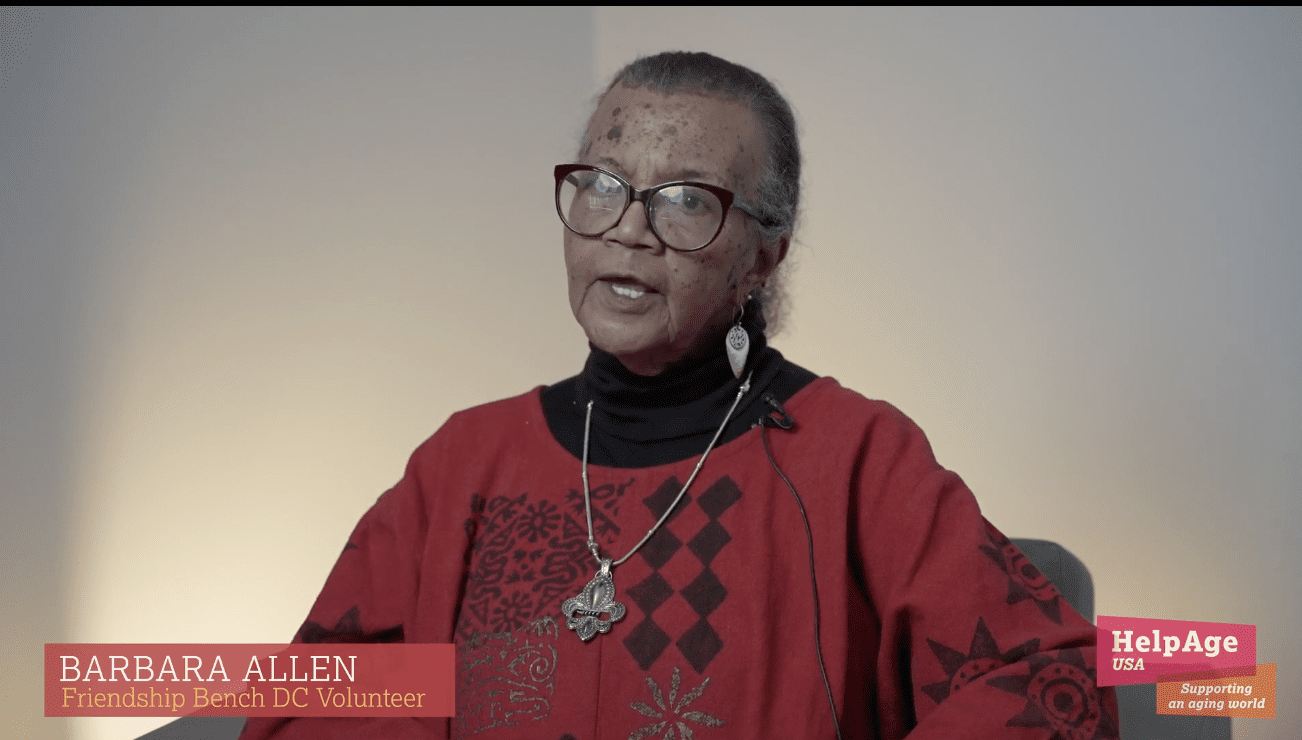
1:58
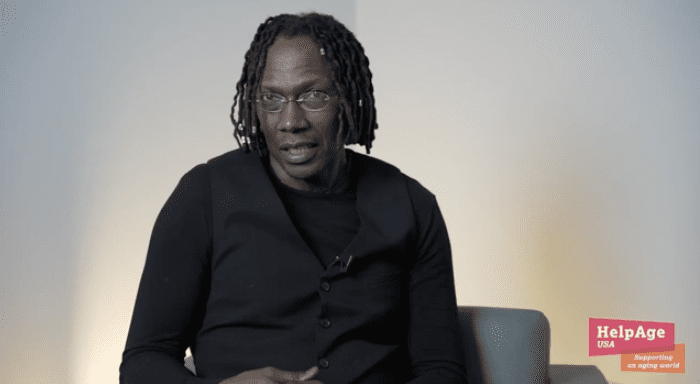
1:11
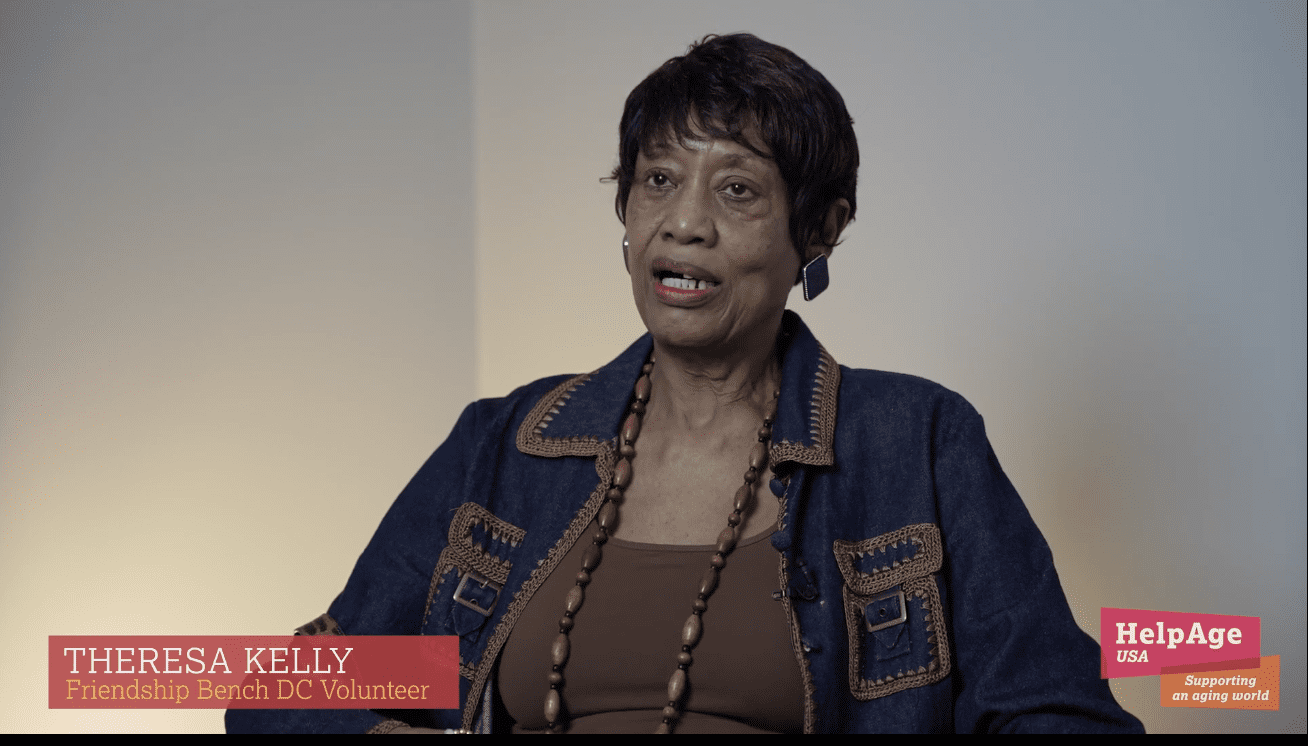
1:34
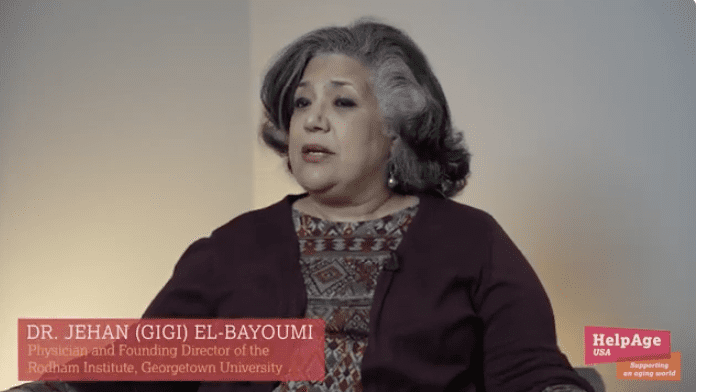
2:20
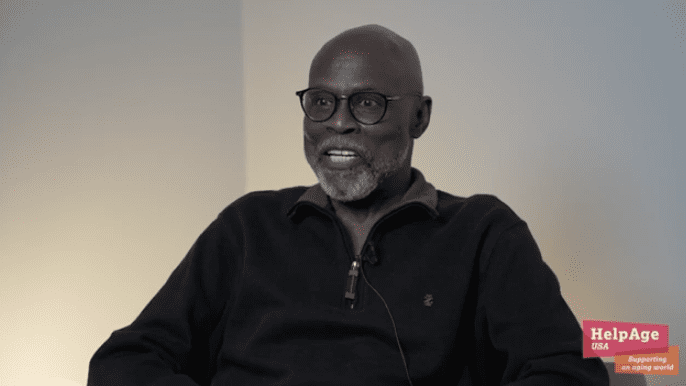
1:58
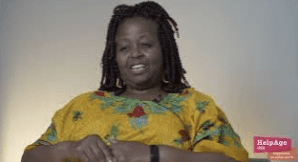
1:55
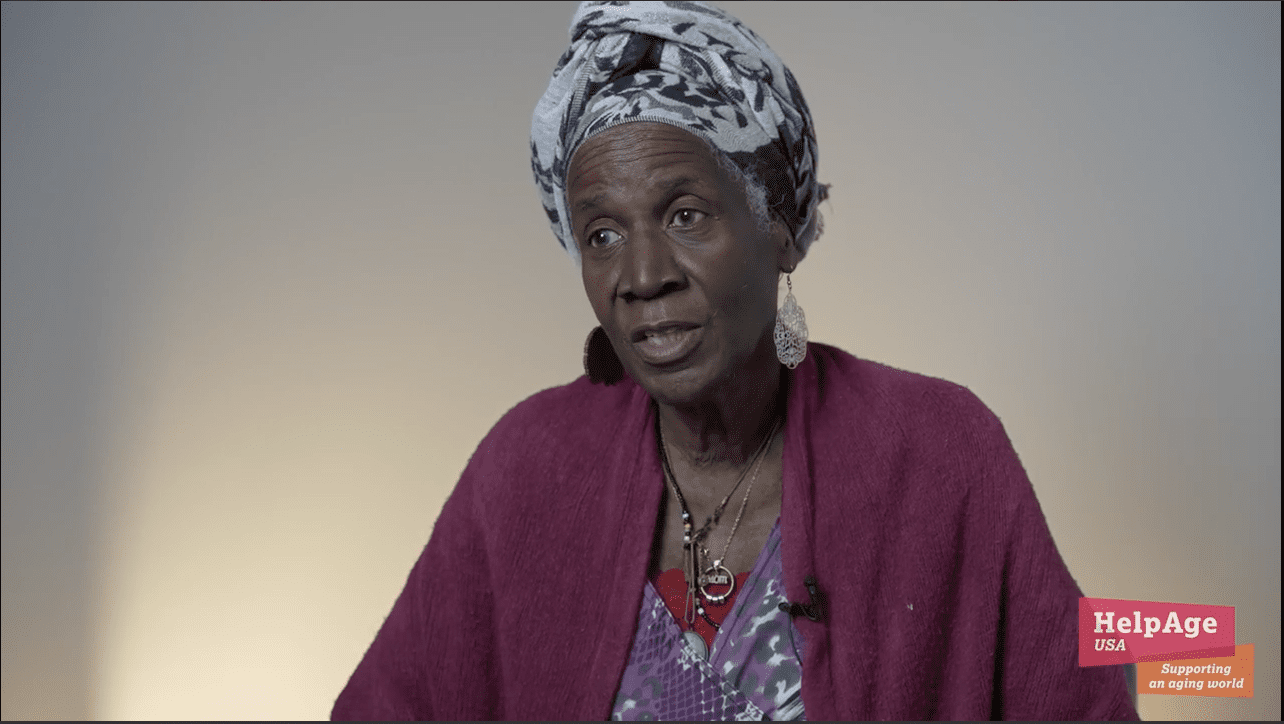
0:46
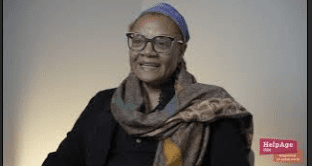
2:38
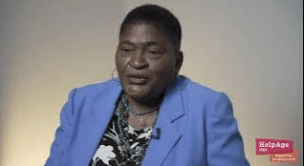
1:35
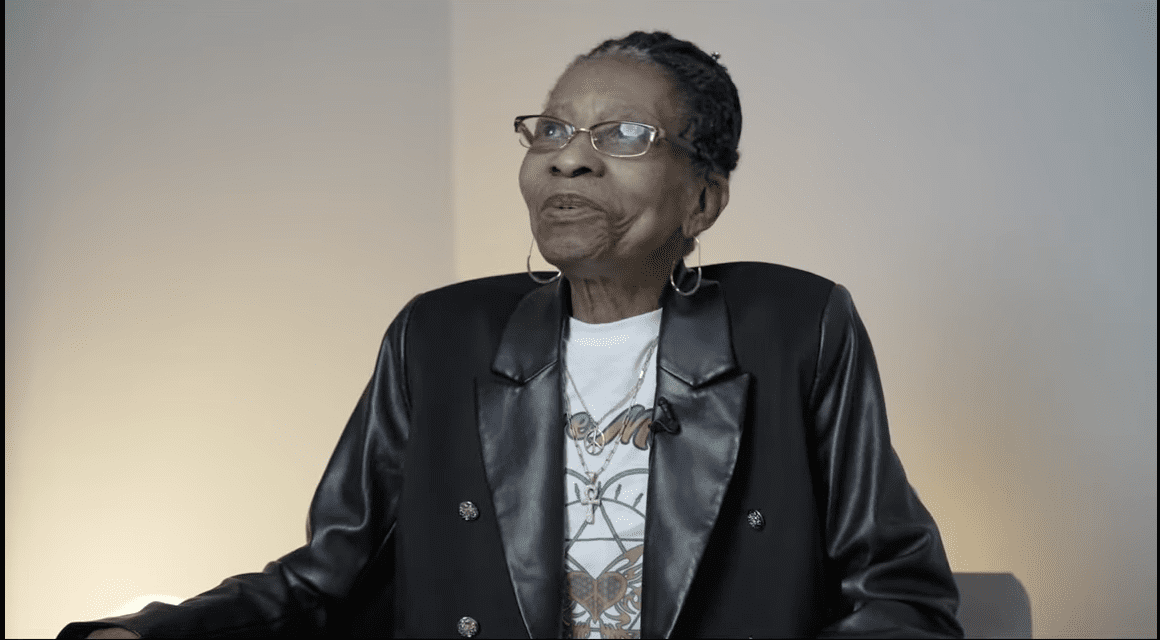
0:34
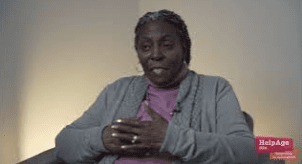
1:33
